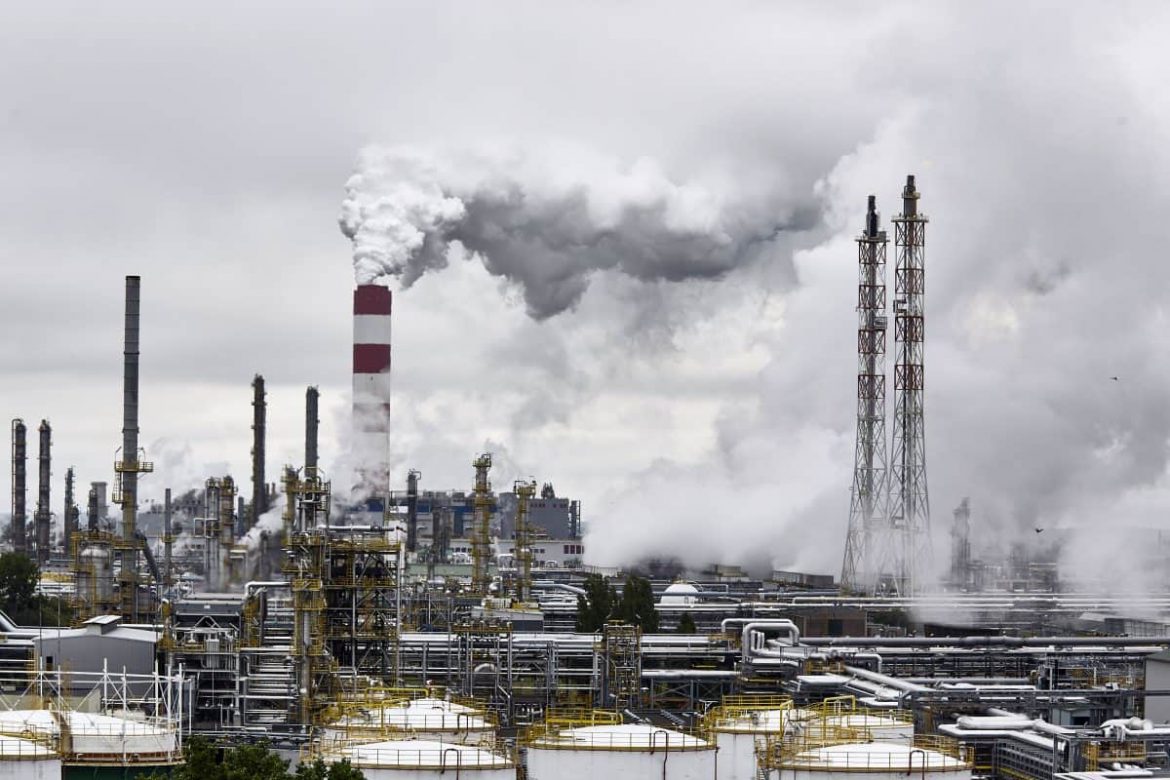A new survey has shown that one-quarter of American people are considering deferring major life events such as having children due to concerns about climate change.
The 25,000-person poll, created by research firm Elabe and the North American arm of Veolia, a water, waste, and energy management company, was unveiled on Tuesday.
While survey participants came from 25 different nations, Elabe and Veolia were particularly interested in learning about Americans’ attitudes toward climate change.
According to the survey, most adults in the United States – 80 per cent — believe climate change is occurring, with 60 per cent believing it is driven by humans. In the United States, 510 were women and 490 were men, with more than half being between the ages of 18 and 49.
Read also: Climate change, not an ‘elitist’ topic, says IMF director
U.S. survey participants came from all parts of the country, with 350 reporting they lived in the South, 230 in the West, 220 in the Midwest and 190 in the Northeast.
“They share a sense of urgency with the rest of the world,” said President and CEO of Veolia North American Frederic Van Heems about U.S. opinions on climate change,”“The results tell us that Americans feel it is time to act, and that they are eager to address the challenges of climate change with innovative solutions that preserve our precious resources.”
More than half of U.S. adults — 55 per cent — believe that humanity needs to change its “way of life, live more frugally and put in place technological solutions to reduce climate change,” according to the survey.
Meanwhile, 52 per cent do not think there is enough public conversation about solutions to pollution and climate change. Van Heems added that the results of the study also show that there are many in the U.S. who “remain sceptical” about climate change.
According to the survey, Americans are more sceptical about climate change than the global average. According to the survey, 14 per cent of individuals in the United States do not believe the planet’s climate is changing or that something should be done about it, compared to 9 per cent globally.
This level of scepticism is why it is “so important” to show that “environmental solutions can and must coincide with economic growth,” Van Heems added.
This story was adapted from The Hill.
